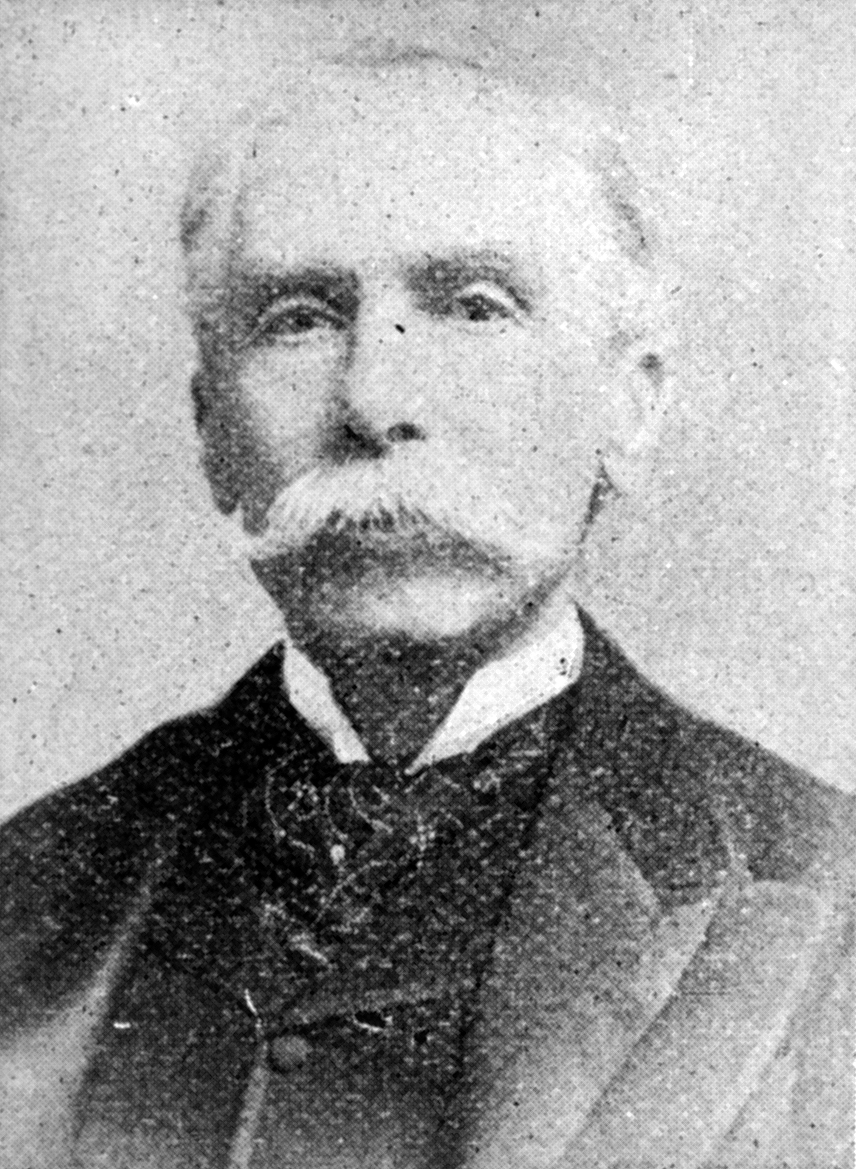“Mostrami il tuo giardino e ti dirò cosa sei.”
da The garden that I love – Macmillan, New York, 1894
Alfred Austin , poeta britannico.

“Mostrami il tuo giardino e ti dirò cosa sei.”
da The garden that I love – Macmillan, New York, 1894
“L'opinione pubblica non è che questo: ciò che la gente pensa che gli altri pensino.”
da Prince Lucifer – Macmillan, New York, Londra, 1887
“Friendship, 'tis said, is love without his wings,
And friendship, sir, is sweet enough for me.”
Origine: Savonarola (1881), Candida to Valori in Act I, sc. ii; p. 35.
Origine: Poetry Quotes, Is Life Worth Living? http://infomotions.com/etexts/gutenberg/dirs/1/9/3/1/19316/19316.htm (1896)
“He is dead already who doth not feel
Life is worth living still.”
Origine: Is Life Worth Living? http://infomotions.com/etexts/gutenberg/dirs/1/9/3/1/19316/19316.htm (1896)
Origine: Is Life Worth Living? http://infomotions.com/etexts/gutenberg/dirs/1/9/3/1/19316/19316.htm (1896)
“Show me your garden, provided
it be your own, and I will tell you what you are
like.”
Origine: The Garden that I Love (1905)
“O'er the wires the electric message came,
"He is no better; he is much the same."”
On the Illness of the Prince of Wales (1910)
An 1871 poem on the illness of the Prince of Wales, although there is some doubt that Austin actually wrote this part. That classic compendium "The Stuffed Owl: An Anthology of Bad Verse" (2d ed. 1930; Capricorn paperback 1962) includes a dozen quotations from Austin but attributes this particular couplet (p. 17) to a "university poet unknown." It also provides a metrically more accurate first line, "Across the wires the gloomy message came," plus "not" for "no" in the second line.
On the Illness of the Prince of Wales (1910)
Prose Papers on Poetry Macmillan & Co 1910.
Prose Papers on Poetry (1910)
Origine: As quoted in Growing with the Seasons (2008) by Frank & Vicky Giannangelo, p. 115., and one or two other gardening books, as well as on various internet gardening sites and lists of quotations. However, it is sometimes attributed to Voltaire, and about one-third of the time it is quoted without attribution (at times even without quotation marks). It is not to be found in Austin's The Garden That I Love or any of its five sequels.
Is Life Worth Living? http://infomotions.com/etexts/gutenberg/dirs/1/9/3/1/19316/19316.htm (1896)
Origine: The Garden That I Love (1894), p. 22.
“[…] faded smiles oft linger in the face,
While grief's first flakes fall silent on the head!”
Origine: "Unseasonable Snows", line 13; p. 38, Lyrical Poems (1891)
Origine: "My Winter Rose", stanza VII; p. 23., Lyrical Poems (1891)
Origine: "Nature and the Book", Stanza XX; p. 69, At the Gate of the Convent (1885)
Origine: "Nature and the Book", stanza XVII; p. 68, At the Gate of the Convent (1885)
Origine: "Nature and the Book", stanza XV; p. 67, At the Gate of the Convent (1885)
"Prelude", stanza XI; p. ix., At the Gate of the Convent (1885)
Origine: Candida to Valori in Act IV, sc. iv; p. 262, Savonarola (1881)
Origine: "Goodnight!", in Lamia's Winter-Quarters (London: Macmillan and Co., 1898), p. 163.
“Who loves his country never forfeits heaven.”
Origine: Savonarola (1881), Candida to Valori in Act IV, sc. vi; p. 285.
“Never fear to weep;
For tears are summer showers to the soul,
To keep it fresh and green.”
Origine: Savonarola (1881), Candida to Valori in Act IV, sc. iv; p. 264.
“Your logic may be good,
But dialectics never saved a soul.”
Origine: Savonarola (1881), Frà Domenico in Act II, sc. ix; p. 197.
“Death is the looking-glass of life wherein
Each man may scan the aspect of his deeds.”
Origine: Savonarola (1881), Girolamo Savonarola in Act I, sc. iv; p. 49.
“Know, Nature, like the cuckoo, laughs at law,
Placing her eggs in whatso nest she will.”
Origine: Savonarola (1881), Lorenzo de' Medici in Act I, sc. i; p. 14.
Origine: Savonarola (1881), Lorenzo de' Medici in Act I, sc. i; pp. 6–7.
Origine: Savonarola (1881), Lorenzo de' Medici in Act I, sc. i; p. 6.
Origine: Fortunatus the Pessimist (1892), Urania in Act IV, sc. ii; p. 178.
“Why should you,
Because the world is foolish, not be wise?”
Origine: Fortunatus the Pessimist (1892), Franklin in Act II, sc. iv; p. 109.
“There is no office in this needful world
But dignifies the doer if done well.”
Origine: Fortunatus the Pessimist (1892), Franklin in Act I, sc. iv; p. 65.
“The Devil is an echo
Of search unsatisfied.”
Origine: Fortunatus the Pessimist (1892), Fortunatus in Act I, sc. iii; p. 35.